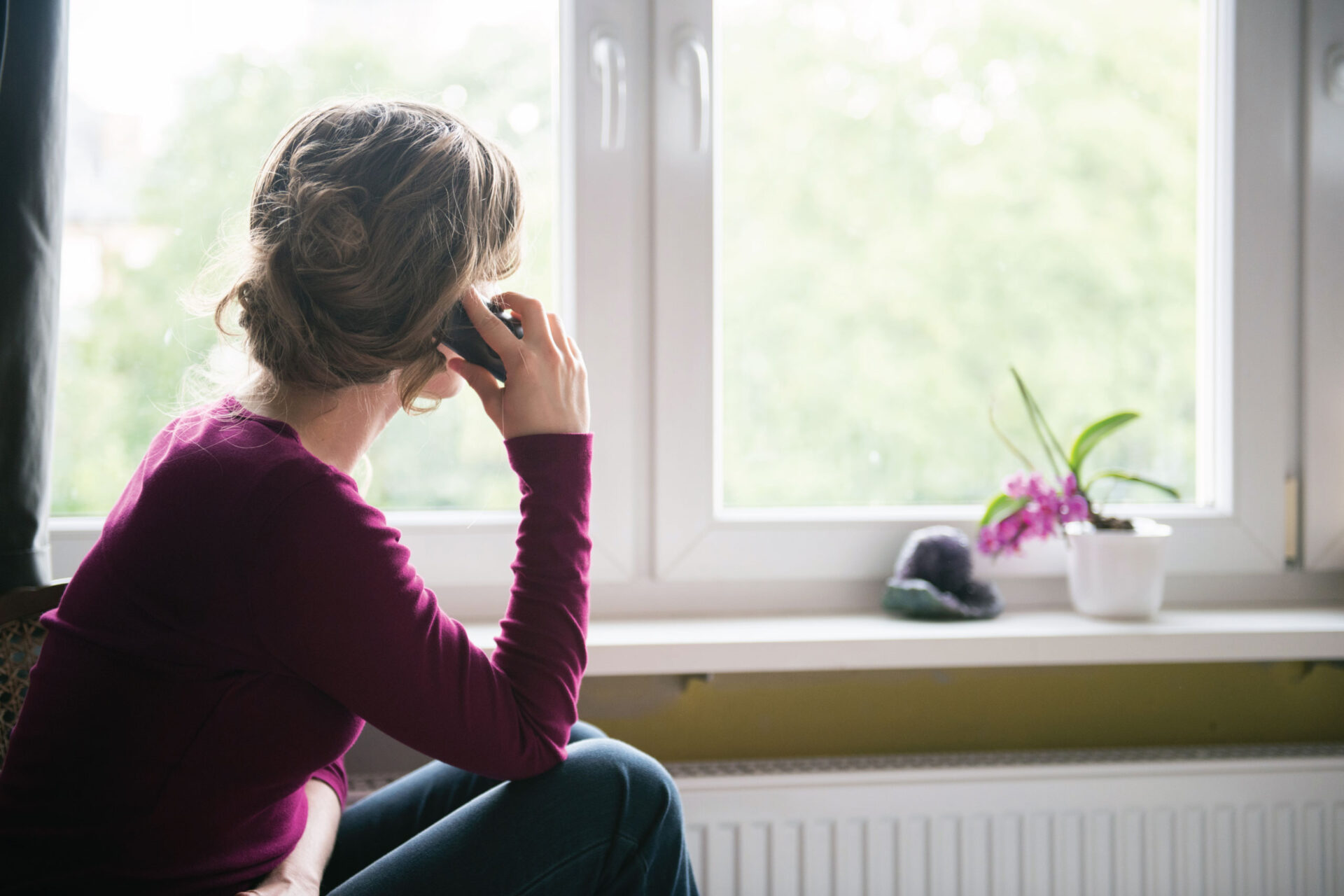
Feeling safe is important. It lets us thrive and grow. But being exposed to violence or a violent event can make us feel like we just need to survive. So, if it happens—how do you get back to being you? Below is useful information from Resources for Living (RFL) on finding your way and coping after a tragedy.
How you might be affected
If you’ve been exposed to violence, you’ve gone through something that may challenge your beliefs about the world. You could feel shaken and confused. You might also notice you’re feeling:
-
- Fearful, confused or angry.
- Worried about new threats.
- Concerned about your own safety or that of others.
- Irritable.
- Forgetful or unable to concentrate.
Stress like this can also show up in your body. So, you could experience physical symptoms too, such as:
-
- Stomach upset or pain.
- Heaviness or pain in your chest.
- Problems getting to sleep or staying asleep, as well as increased nightmares.
- Appetite changes—a desire to eat too much or not at all.
- Muscle aches and pains.
How to cope
When trying to work through the aftermath of a violent event, it’s important to take care of your health as you move forward. Being under major stress puts strain on both your mind and body. Here are tips to help you with finding your way and coping:
-
- Eat well. Be gentle on your stomach. Eat small, evenly spaced meals or snacks. And go for foods that are easy to digest.
- Get plenty of rest. Try to get a healthy amount of sleep. Being well-rested helps you function better.
- Move your body. Find ways to get some exercise. This can help reduce physical stress and help you think more clearly.
- Be patient. People cope in their own ways and in their own time. So be patient—both with yourself and others. Limit the use of alcohol or other drugs, unless prescribed by your doctor.
- Minimize media. Reading or watching the news all the time can leave you feeling worse. Try to simply get the facts and then stop watching or reading.
When to seek help
It’s natural to be upset by a violent event—whether you’re directly or indirectly involved. But sometimes our reactions to what’s happened may overwhelm our normal coping skills. It can help to talk to a mental health professional. This may be a step you’re ready to take if it’s been a few weeks and you’re still noticing:
-
- Problems getting through day-to-day life.
- Sleeplessness for two weeks or more.
- Trouble focusing or enjoying normal activities.
- Changes in appetite.
- Feeling irritable or feeling less than usual.
- Having increased feelings of panic or worrying.
Where can you turn?
If you’re not sure where to turn, Resources for Living (RFL) has resources and support to help with dealing with a crisis and much more. For anyone recently affected by the shootings in Maine, click here to see how Aetna is opening up RFL services to those who’ve been impacted, even if it’s not currently part of your benefits.
To see more ways your Meritain Health benefits can support you, log in here, contact Meritain Health Customer Service or check with your Meritain Health representative.



